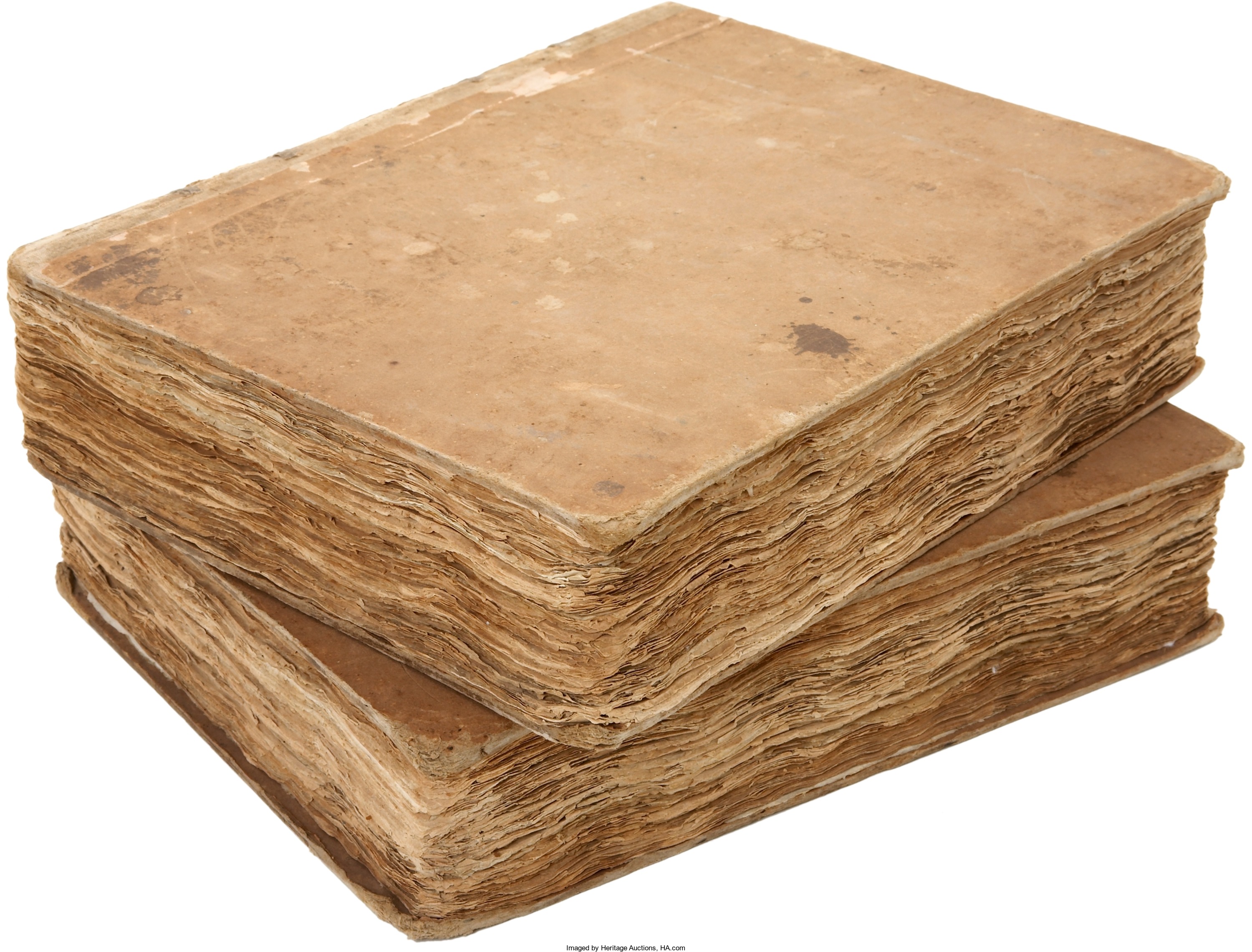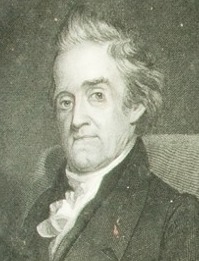
By Jim O’Neal
Noah Webster published his American Dictionary of the English Language in 1828 when he was 70 years old. It was printed in two quarto volumes with 70,000 word entries. (A quarto was typically 9 x 12 inches or roughly the size of modern magazines.) About 12,000 of the words had never appeared in a published dictionary and Webster tried to harmonize the spelling of a word with its common pronunciation.
Another unique feature was the inclusion of words used in America that were not in British dictionaries. Perhaps that is why George Bernard Shaw – the Irish playwright who won the Nobel Prize in 1925 – is said to have coined the phrase “The United States and Great Britain are two countries separated by a common language.” (There are several variations of this, including one by Winston Churchill.)

Webster (1758-1843) also collaborated with Alexander Hamilton and other prominent Federalists, which made him a rich target for Jeffersonian-Republicans who peppered him with insults: a prostitute wretch, incurable lunatic, spiteful viper, pusillanimous traitor, to list just a few. He founded the first daily newspaper in New York, The American Minerva, and a semi-weekly publication later known as the New York Spectator. He was a prolific writer and earned the imposing sobriquet as the “Father of American Scholarship and Education.”
I have gradually abandoned the use of printed dictionaries, but a copy of the old reliable Merriam-Webster still occupies a handy spot in the bookcase. One who didn’t was Emily Dickinson, who used Webster as a reference “obsessively.” Scholars studying her immense body of work routinely turn to Webster for clarification. She was such an eccentric recluse that only a dozen of her 1,800 poems were published while she was alive. The hodgepodge of short lines, unconventional punctuation and slant rhymes make her work difficult to appreciate. But the lady could write and may be the finest American poet of the 19th century.
Webster’s name is still synonymous with “dictionary” despite becoming generic and hyphenated long ago. He died in 1843 after playing a critical role in the Copyright Act of 1831.
 Intelligent Collector blogger JIM O’NEAL is an avid collector and history buff. He is president and CEO of Frito-Lay International [retired] and earlier served as chair and CEO of PepsiCo Restaurants International [KFC Pizza Hut and Taco Bell].
Intelligent Collector blogger JIM O’NEAL is an avid collector and history buff. He is president and CEO of Frito-Lay International [retired] and earlier served as chair and CEO of PepsiCo Restaurants International [KFC Pizza Hut and Taco Bell].
